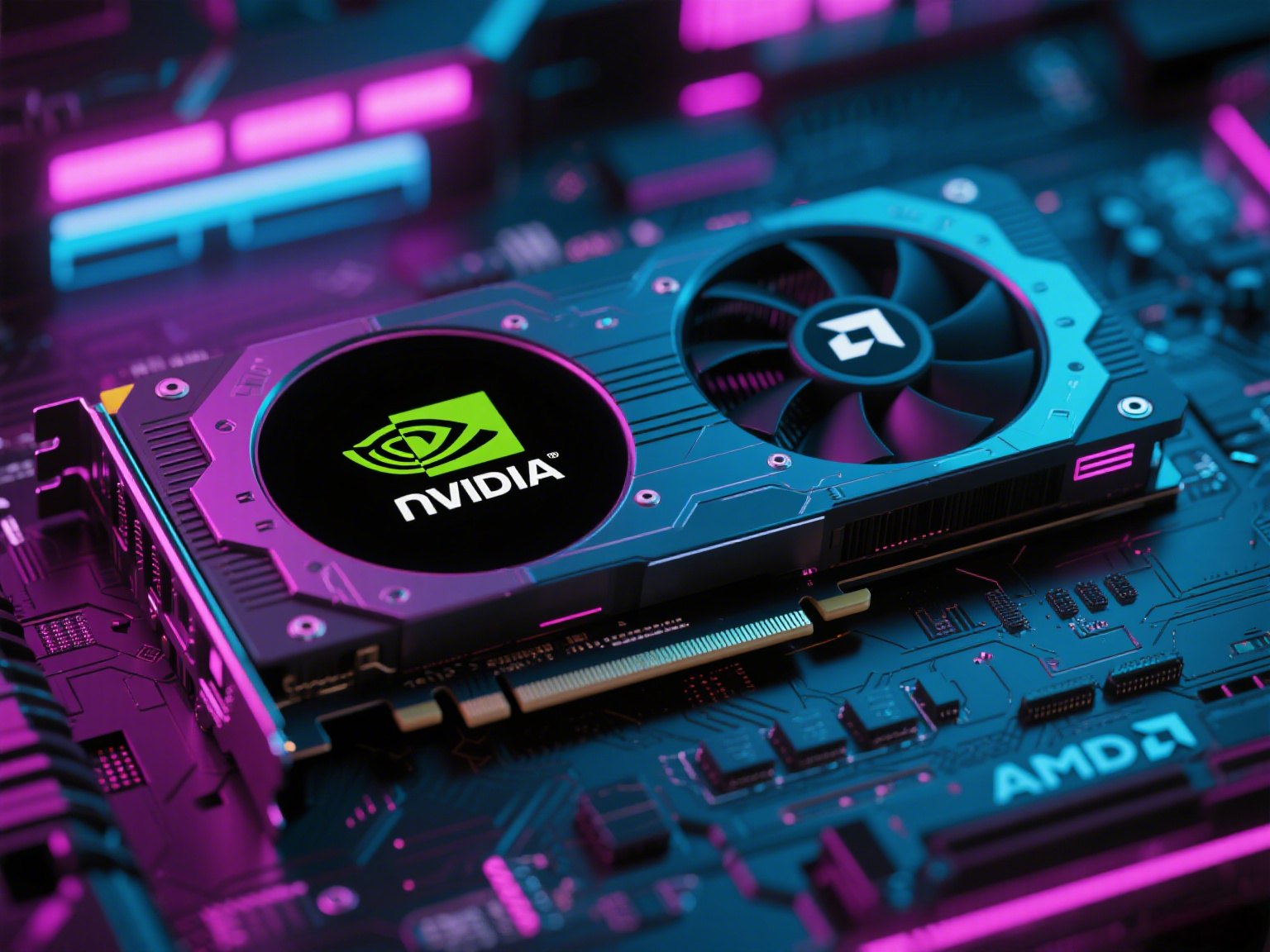In an unprecedented move, U.S. chipmakers Nvidia and Advanced Micro Devices (AMD) have agreed to pay the U.S. government a 15% share of the revenue from their sales of certain artificial intelligence (AI) chips to China. This arrangement is a condition for the companies to receive export licenses, which were previously halted by the government over national security concerns.
The deal, which was first reported by the Financial Times and later confirmed by U.S. officials and President Donald Trump, allows Nvidia to sell its H20 AI accelerator and AMD to sell its MI308 chips in China. These chips are downgraded versions of their most advanced processors, specifically designed to fall below the performance thresholds of earlier U.S. export controls. Despite this, the Trump administration extended a ban to include these modified chips in April, before reversing the policy in July.
The 15% revenue-sharing agreement has been met with skepticism from some analysts and lawmakers, who have described the deal as a “pay-to-play” scenario. Critics argue that it blurs the line between national security policy and economic strategy, effectively turning export controls into a revenue-generating tool. In a press conference, President Trump stated that he had initially sought a 20% share from Nvidia CEO Jensen Huang, who negotiated the rate down to 15%.
For Nvidia and AMD, the agreement reopens access to a massive and lucrative market. Analysts estimate that Nvidia alone could recover billions in lost revenue, while the deal is expected to generate a substantial sum for the U.S. Treasury annually. However, the move has raised concerns about the precedent it sets for other industries and the potential for a new era of company-specific tariffs and trade deals.
